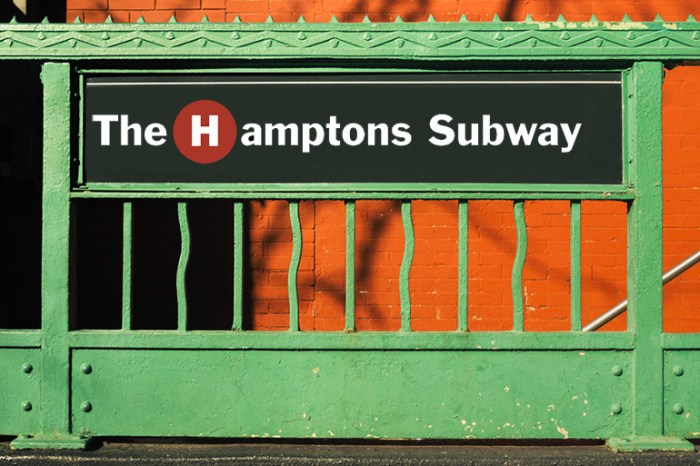I’ve made no stranger of my righteous indignation with respect to America’s system of public education; that the opportunities denied our young people are named legion for they are many and constitute a violation of human rights as extensive as that of any despotic regime.
We have, indeed, experienced Bloom’s “closing of the American mind” whence hippi-pop culture psychobabble, ethnocentric fetish, the promotion of trendy social causes and alternative lifestyles, the narcissistic cult of “self-esteem,” and atheism-by-proxy secularism have joined a dumbed-down game-show mentality and excessive preoccupation with sports in usurping serious academic pursuits. Thence: what our educational system hath wrought in terms of higher rates of adult illiteracy than the rest of the developed world, the exponential growth of anecdotal horror stories about twenty-five-year-olds who can’t name the nations fighting the U.S. during World War II, and endless surveys by pollsters, media outlets, and scientific foundations that show American academic performance is at the bottom of the heap. For we who have encountered ungrammatical memos written what had once been the fifth grade reading level and authored by people with Master’s degrees, who have met American adults who can’t pinpoint the historical significance of July 4, 1776 but know it has something to do with Lincoln’s Gettysburg Address, and who have become familiar with people who believe the Earth is 6000-years-old and a rerun of the Flintstones approaches documentary status, the surveys come as no shock. I’m not shocked that a quarter of the over-18 population don’t know that the Earth and planets revolve ‘round the sun (Nat. Sci. Found., 1996), or that a third of all registered voters don’t know that the U.S. government is separated into three branches (Zogby, 2008).
Awful as public education is in America, I’m like Ronald Reagan in the early ’80s who continued to hammer away at the communist system but nevertheless believed that out of that awful system would emerge a good man who believed in world peace and human dignity more than he believed in Marxist-Leninist doctrine. We, notwithstanding the intellectual and spiritual cesspool that is this nation’s system of public education, do have exceptional individuals, schools, and sometimes whole school districts that buck the trend.
The Island Trees School District where I live is one of the better school districts in our area doing much with the limited resources available to it and I’d credit the board and Dr. Charles Murphy for at least some of that success. But it is amongst individual teachers that I here address because a good foundation begins on level ground.
My daughter just graduated from Mrs. Saporito’s kindergarten class. Kindergarten has experienced a sea change from what it was in the mid-1960s when I was of kindergarten age. As high schools across the country continue to churn out graduates who can’t find Canada on a map of Toronto and have only a vague idea when the War of 1812 might have been fought, many kindergarten programs—such as that at J. Fred Sparke Elementary School—are introducing, successfully, children to basic mathematic, writing, reading, and scientific concepts as well as art, music, and physical education. I need only review the many homework assignments, art projects, and schoolwork throughout the course of the past nine months to see extraordinary progress. Here, too, a confluence of factors is afoot. Nonetheless, Mrs. Saporito’s compassion, tireless attention to detail, enigmatic energy level, has exceeded obligatory workaday professional acumen for which the parents of her charge are everlastingly grateful and, as I know from our private communications, J.Fred Sparke’s principal, Dr. Fisher, is deservingly proud.
And so, whilst I weigh my options with respect to my daughter’s secondary school level six years hence—examining everything from home education to an Episcopal school—I nevertheless take the time to note that J. Fred Sparke is an example of what elementary school is supposed to be.
Paul Manton


































